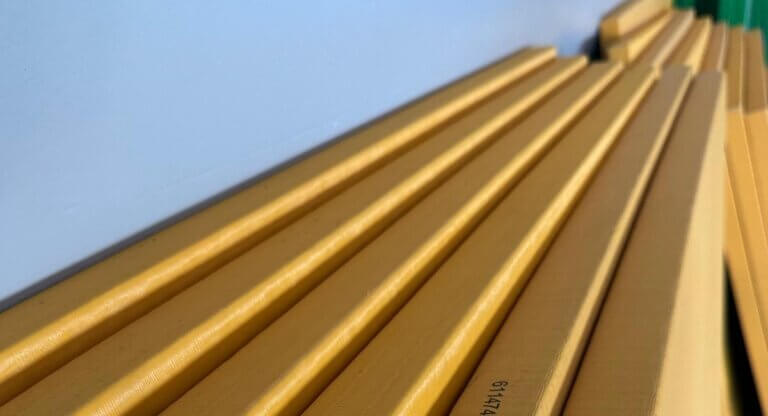It’s been a bit of an unusual week with only one session, but it’s been intense enough to be worth writing about.
On Wednesday, I found myself back in the dojo in excessive heat. As soon as I warmed up, I sensed that it was going to be a different class.
Sweat was already beading on my forehead after just a few minutes of exercise. The heat reminded me that judo, like many things in life, requires us to adapt to conditions rather than fight them.
I quickly increased my water intake, aware that at 43 my body needs more attention than it did when I was practising as a teenager.
The main theme was letting go of the guard, or uke-mi. A technical aspect that seems simple in theory but requires great precision in execution.
I worked on the placement of my hands and body to make my partner’s sleeve or backhand drop. It’s fascinating how a small adjustment in the position of the fingers or the angle of the wrist can make all the difference.
We followed this up with drills on changing trajectory, running and speed. In this heat, every acceleration required an extra effort.
My body felt heavier, less responsive. Yet, I found a certain satisfaction in pushing my limits in these conditions.
It’s at times like these that I realise just how far I’ve come since taking up judo again after a 27-year absence. A few months ago, this type of training would have completely drained me.
The session ended with randoris on the ground with different partners.
I particularly appreciate these moments when you can put into practice the techniques you’ve learnt in a relaxed atmosphere, without the stakes of competition.
Each partner brings his or her own style, body shape and way of moving.
One is more technical, the other more physical.
This diversity forces me to adapt constantly, to find different solutions.
It’s a good metaphor for professional life, where you have to constantly adjust to different personalities and situations.
Despite the tiredness and the heat, I left the dojo with a feeling of well-being.
This session reminded me of the importance of listening to my body while continuing to progress.
I’ve set myself the personal goal of working more on hand placement to let go of the guard.
I also want to practise maintaining my concentration despite the difficult conditions.
In the end, this is perhaps the most valuable lesson that judo has taught me at my age: the ability to remain present and attentive despite discomfort, a skill that I can transfer to all aspects of my daily life.
The most important thing is to listen to your body while moving forward, slowly but surely.

I trained as a judoka with the Arlésien Judo Club in the 90s, and discovered the rigour, humility and collective spirit of this martial art at a very early age.
After a 27-year hiatus, I decided at the age of 43 to put on my judogi again and start practising again, at my own pace and with an adult’s eye.
This website is the diary of that resumption, with the rediscovery of techniques, personal reflections, physical pain and deep satisfaction.
My goal: to achieve my black belt before I’m 50 and prove that you can always progress, whatever your age or background.
